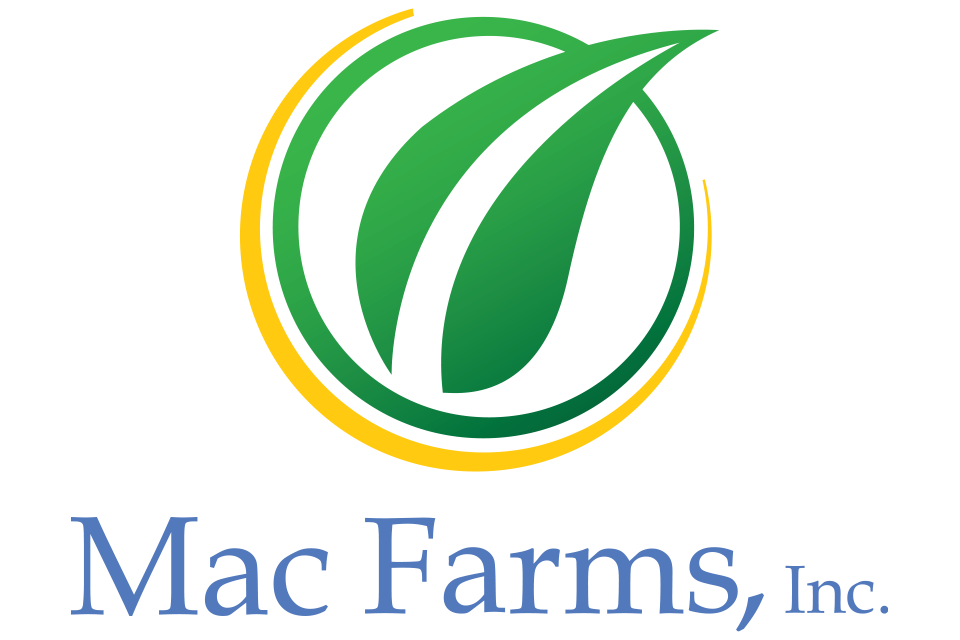
For years the standard in biomass byproduct removal has been the use of landfills. Not only are they inefficient, but they’re dangerous as well – contaminating soil, groundwater, and emitting dangerous gases. Through the Anaerobic Digestion process, Mac Farms uses bacteria to help break down biomass byproducts, creating methane gas which can then be used to produce electricity. Your waste goes from being an inconvenient environmental pollutant to a valuable energy resource.
With convenient, safe and simple access to our facility, we can easily facilitate your transport preference to help get your refuse in an eco-friendly location. Not only will you feel better knowing that your waste isn’t just taking up space, but you’ll also have the assurance of knowing that you are becoming a leading contributor to the protection of our environment.
Mac Farms Digestion Laboratory
The Mac Farms Digestion Laboratory is an on-site process control laboratory located in the operation control center. Daily tests are performed on both the bladder and tank digesters. Currently, Percentage Total Solids (TS) is also analyzed on both digestates 2-3 times per week, with additional TS testing analyzed on belt filter press solids during press operation. Belt Press analysis includes jar testing polymer and coagulant dosages. Other process testing includes pH testing of incoming waste loads that are sent (fed) to the bladder. The Mac Farms Digestion Laboratory, although currently in its growing stages, will eventually include organic load testing and percent reduction. There is also interest in microscopy to monitor the digesters’ bacteria population with emphasis on key microorganism presence or absence, ultimately revealing the system’s health. Other testing may also include biogas composition and purity analyses.
OUR PROCESS
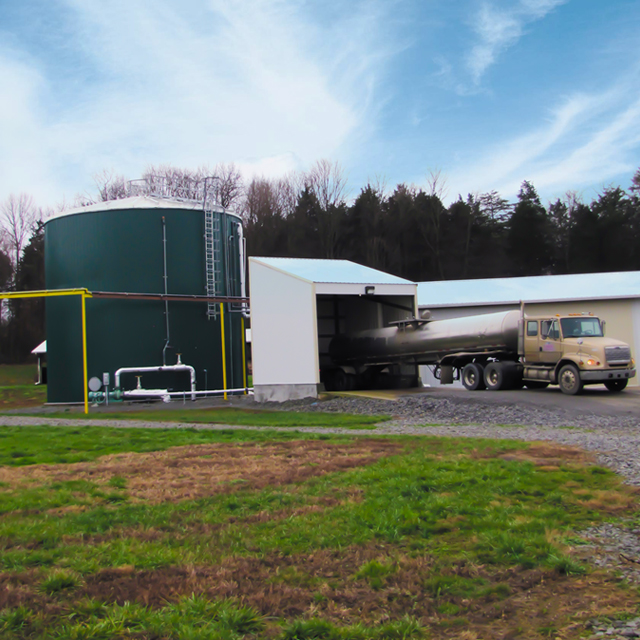
WASTE PREPARATION
Once your biomass byproducts are delivered to our facility, we begin a pre-treatment process with the material so that it can be introduced into our Anaerobic Digester. Mac Farms then introduces special bacteria, or “bugs”, that consume your refuse and break it down even further through the Anaerobic Digestion process.
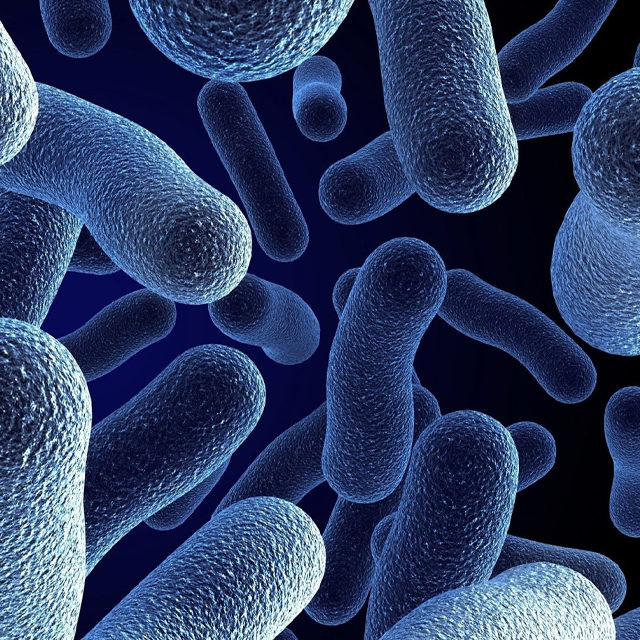
DIGESTION
Following your refuse pre-treatment, all materials are then loaded into the digester. The digester bacterium will then begin conversions of the organic compounds within your waste to methane and CO2.
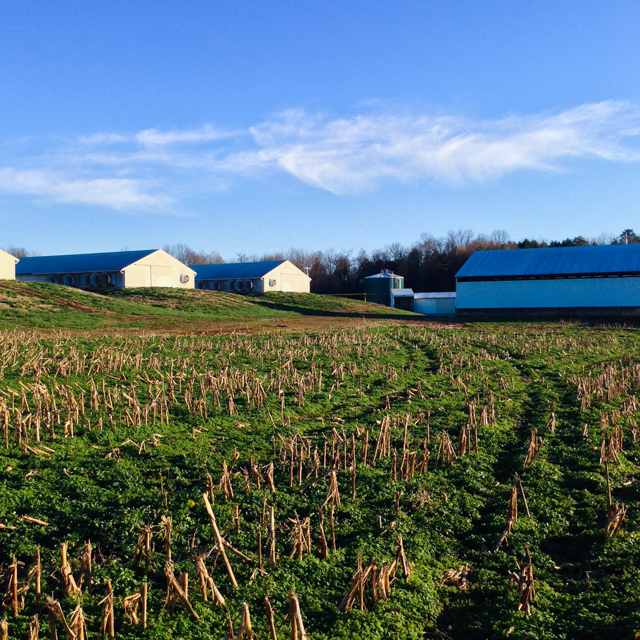
RENEWABLE RESOURCES
One byproduct of the digestion process is biogas, which can be collected and converted to electricity. The remaining materials are stabilized, cured and de-watered, resulting in a rich organic fertilizer and compost additive.
FREQUENTLY ASKED QUESTIONS
Anaerobic digesters utilize either mesophilic or themophilic bacteria. At Mac Farms, Inc., we utilize mesophilic bacteria, which requires much lower environmental temperatures between 68F and 113F, with optimal temperatures at 99F.
Yes, we do have a power purchase agreement with East Kentucky Power and Taylor County RECC.
Mac Farms, Inc. accepts paper pulp sludge, stillage, food waste, some DAF sludge, and some types of FOG. At this time, we do not accept unpackaged waste streams, but can accept both thick or thin stillage. Mac Farms, Inc. does not accept any type of human waste.
Digestate collected at the end of the process is used as a liquid fertilizer for our crops.
Tipping fees are based on the type of waste and how difficult it is to process. Feel free to contact us if you would like to discuss applicable fees for your business.
No, however feed stock temperatures are considered in tipping fee pricing.
Looking for Answers On Your Digester?
Are you looking or have already begun your journey in developing your own mesophilic digestor? Mac Farms, Inc. gladly consults with other pioneers in the industry to help create an even more economical and Eco-friendly process. Start a conversation by contacting us below!
CUSTOMERS
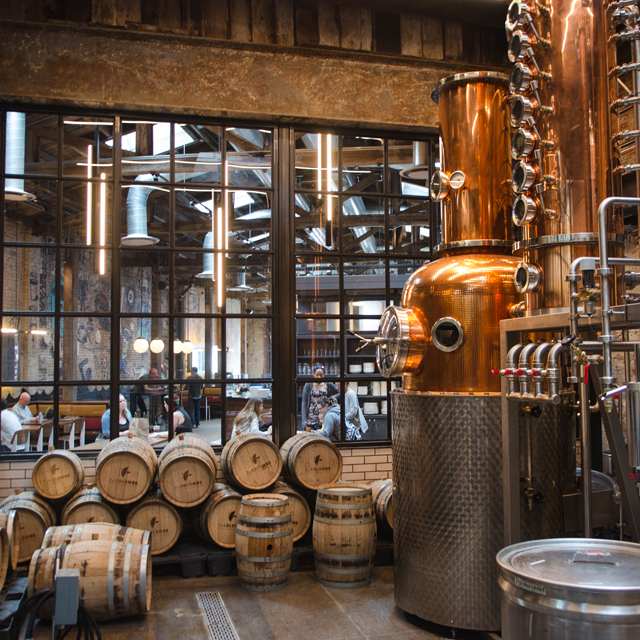
STILLAGE
Mac Farms, Inc. accepts spirits’ manufactured byproduct streams and distillation residues such as thick and thin stillages, syrups, slop and wet cake wastes. We accept waste streams at any temperatures.
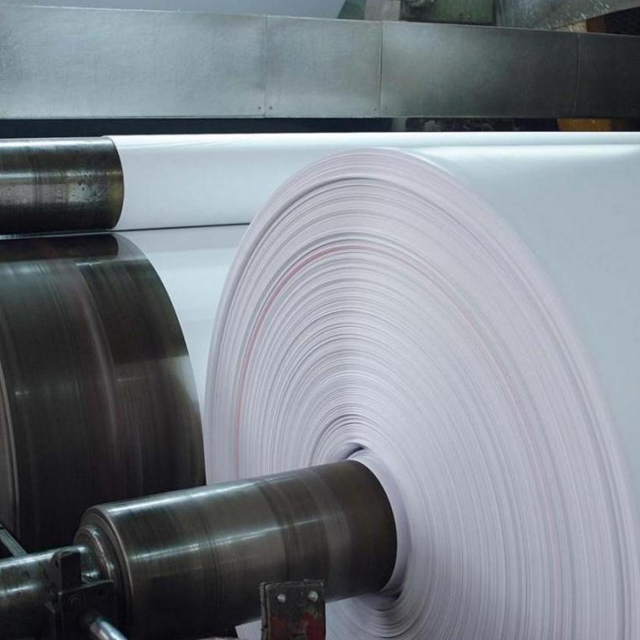
PULP PAPER
Mac Farms, Inc. accepts waste pulp paper effluent characteristics dependent on the production process. This includes streams containing unbleached mechanical pulp, bleached effluents and both primary & secondary, alkaline & acid treated effluents.
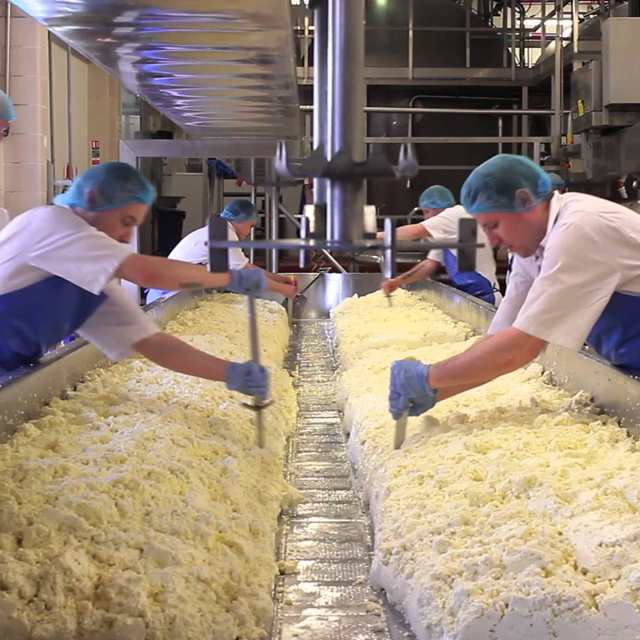
FOOD & MILK WASTE
Mac Farms, Inc. accepts waste streams containing whey or pasteurization waters from dairy production plant waste. These streams cannot contain detergents, antibacterial or cleaning agents of any kind. Wastes that contains food scraps from fruit and vegetable processing plants and de-packaged foods are welcomed.
All waste streams will be analyzed for chemical constituents prior to acceptance on site. We reserve the right to discontinue any feed stock that is found to negatively impact our anaerobic digester at any time.
Mac Farms, Inc accepts consistent feed stocks that are high in organics from all of the above listed processes; if you do not see your waste stream or process listed, please email at info@macfarmsdigestion.com, or call John McLean at (270) 789-7504.
CONTACT MAC FARMS, INC.
MAILING ADDRESS
Mac Farms, Inc.
2066 Meadow Creek
Campbellsville, KY 42718
Phone: (270) 789-7504
Email: info@macfarmsdigestion.com
